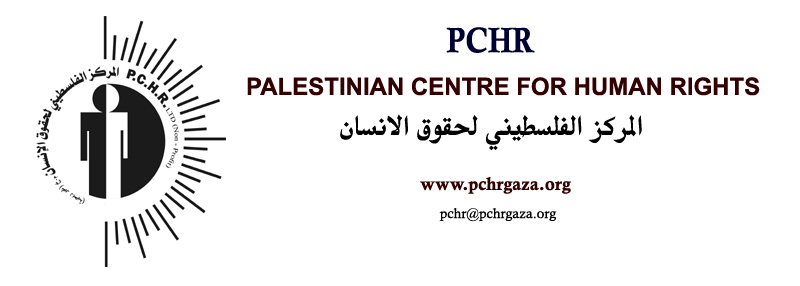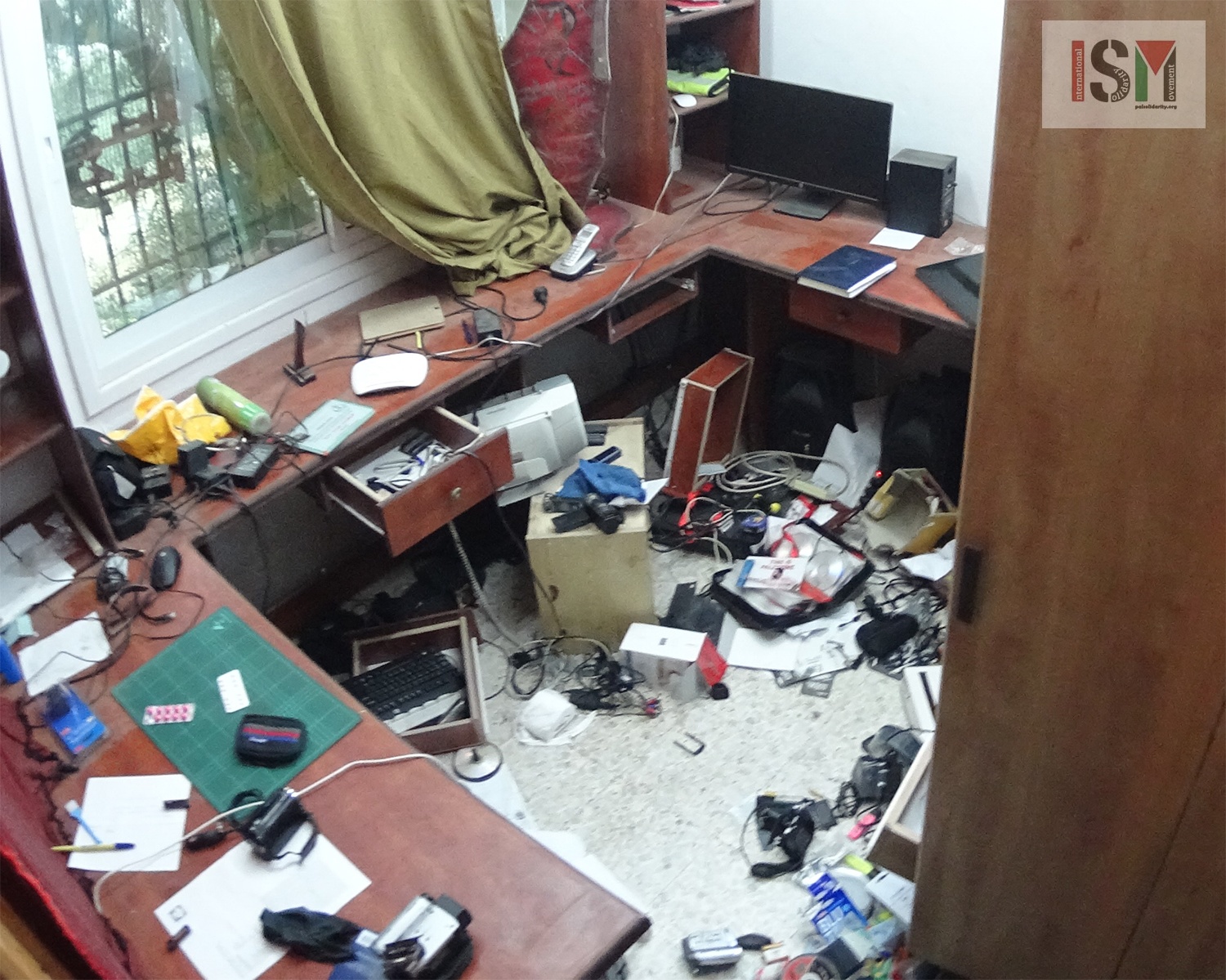Category: Press Releases
-
ACT NOW. To Save Palestinian refugee in Saudi Arabia from death penalty after unfair trial
7th December 2015 | Palestinian Centre for Human Rights | Press release On 17 November 2015, a Saudi court sentenced to death a Palestinian Refugee, Ashraf Fayadh (35), for alleged blasphemous statements during a discussion, which are also mentioned in his poetry. The Palestinian Centre for Human Rights (PCHR) calls upon you to participate in the…
-
Israeli forces detain Palestinian family in their home for 26 hours & wreak havoc on YAS center
9th November 2015 | International Solidarity Movement, Al-Khalil team | Hebron, occupied Palestine On the 7th of November, soldiers entered the home of the Haddad family from 5am and did not leave until 7am the following day. At this time, there were 8 people inside the home who were forced into one of the rooms.…
-
URGENT ALERT: Shuhada Street, Tel Rumeida declared ‘Closed Military Zone’; human rights activists expelled; homes raided
8th November 2015 | International Solidarity Movement, Al-Khalil team | Hebron, occupied Palestine The International Solidarity Movement (ISM) urges the international community to take immediate and urgent action against the Israeli occupation forces’ recent declaration of the Tel Rumeida neighborhood and Shuhada street in downtown Hebron as a closed ‘Closed Military Zone.’ On November 1st,…



